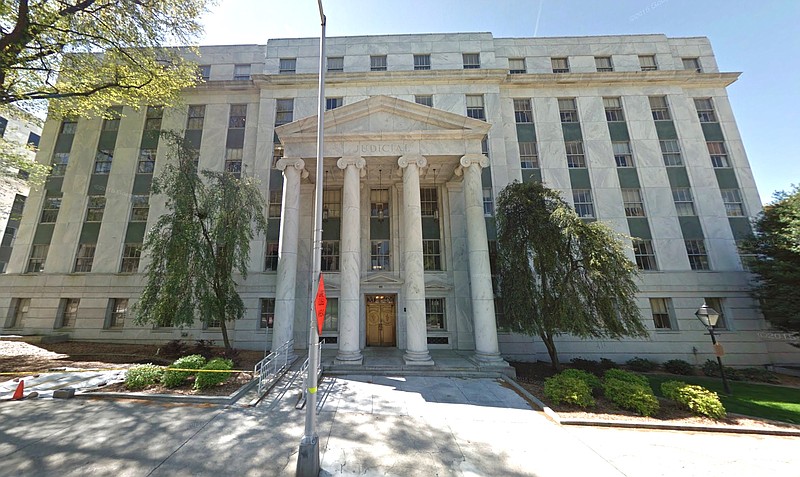SAVANNAH, Ga. (AP) - A man charged with murder is once again asking Georgia's highest court to hear an appeal before he stands trial in the slaying of a high school teacher whose 2005 disappearance remained a mystery for more than a decade.
Ryan Duke's trial for the killing of teacher and beauty queen Tara Grinstead had been scheduled for last April in rural Irwin County. But the case has been on hold for more than nine months as Duke's attorneys seek state funding for expert witnesses to testify in his defense.
The trial judge, Tift Judicial Circuit Superior Court Judge Bill Reinhardt, has twice denied the request. Duke's attorneys say he has no money to pay for experts and won't get a fair trial without them. But Reinhardt has ruled that Duke gave up any claim to state funding when he declined legal representation from public defenders in favor of private attorneys who took his case for free.
On Tuesday, Duke's attorneys filed his second request for the Georgia Supreme Court to hear his pretrial appeal. The court declined the first time, ruling in June that it lacked authority to consider the funding issue without consent from the trial judge.
This time, Duke's lawyers have that permission. Reinhardt signed an order Jan. 13 stating the funding issue "is of such importance to the case that immediate review should be had by the Georgia Supreme Court."
Grinstead was 30 in October 2005 when she disappeared from her home in Ocilla, about 185 miles (about 300 kilometers) south of Atlanta. A billboard with her photo and a tip line number loomed for years in the area, and hope remained that she'd be found alive.
Her death was confirmed when Duke and another man were arrested in February 2017.
Duke's attorneys want the state to pay for expert witnesses in DNA, false confessions and psychology.
The trial judge on Jan. 3 reaffirmed his prior ruling that Duke has the right to be represented by private attorneys, but if he chooses that route, he's not also entitled to state funding for experts and investigators.
When the Georgia Supreme Court unanimously declined to hear Duke's first appeal last summer, Justice Charles Bethel wrote that Duke's arguments for state funding "appear to present difficult, complex, and important constitutional questions for which there is no controlling legal precedent."
A Georgia Bureau of Investigation agent testified at a pretrial hearing that Duke confessed to killing Grinstead more than 14 years ago after breaking into her home to steal money for drugs. GBI agents have also said DNA matching both Duke and Grinstead was found on a latex glove discovered in her yard.
Duke's attorneys have said he made a false confession under the influence of drugs. They said in court filings that Duke was asleep at home when Grinstead was killed.
Duke's former best friend and co-defendant, Bo Dukes, was convicted in March of helping conceal Grinstead's death and was sentenced to serve 25 years in prison. He told authorities he helped Duke burn her body in a rural pecan orchard.
